News and helpful articles about oral health
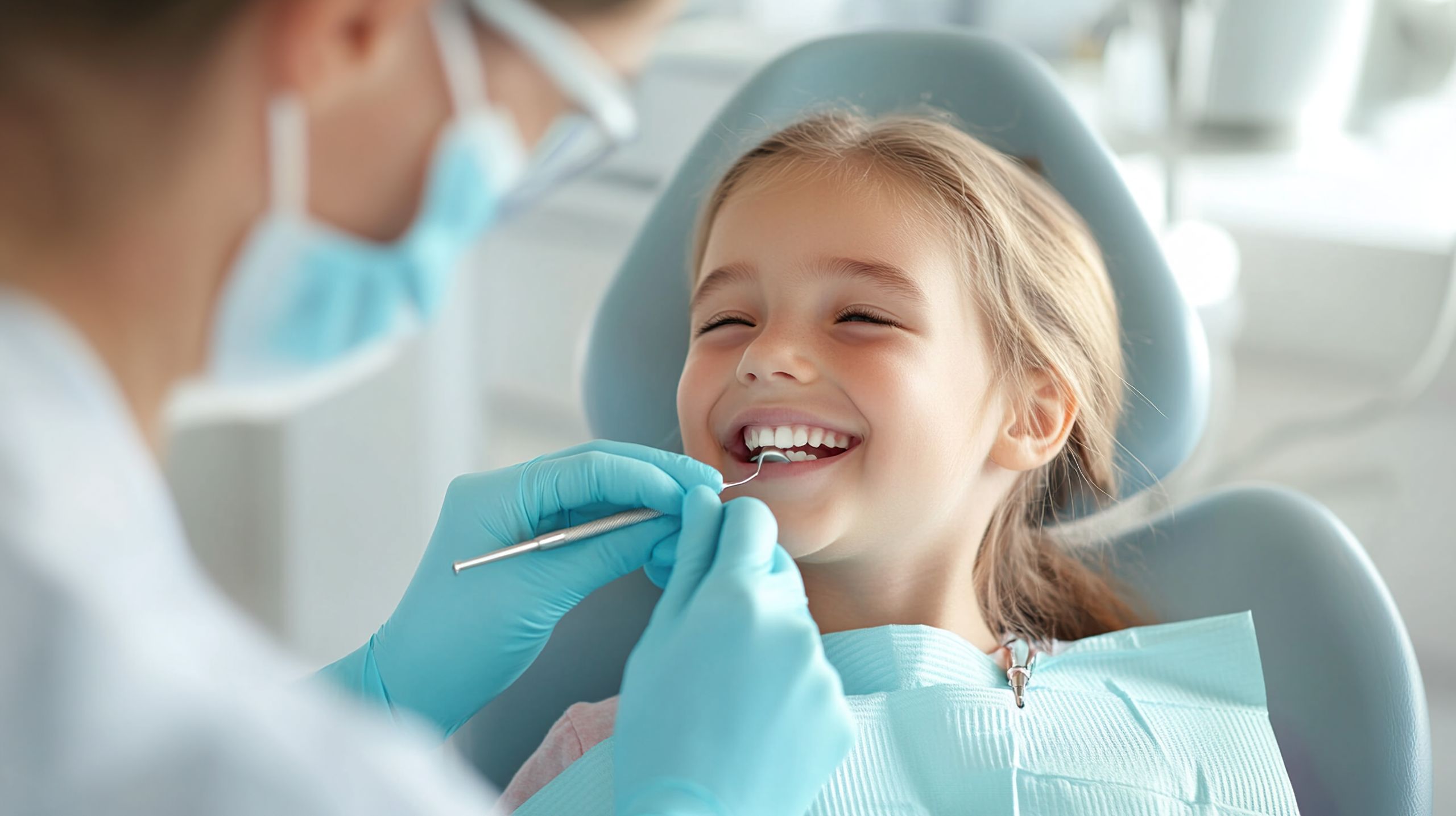
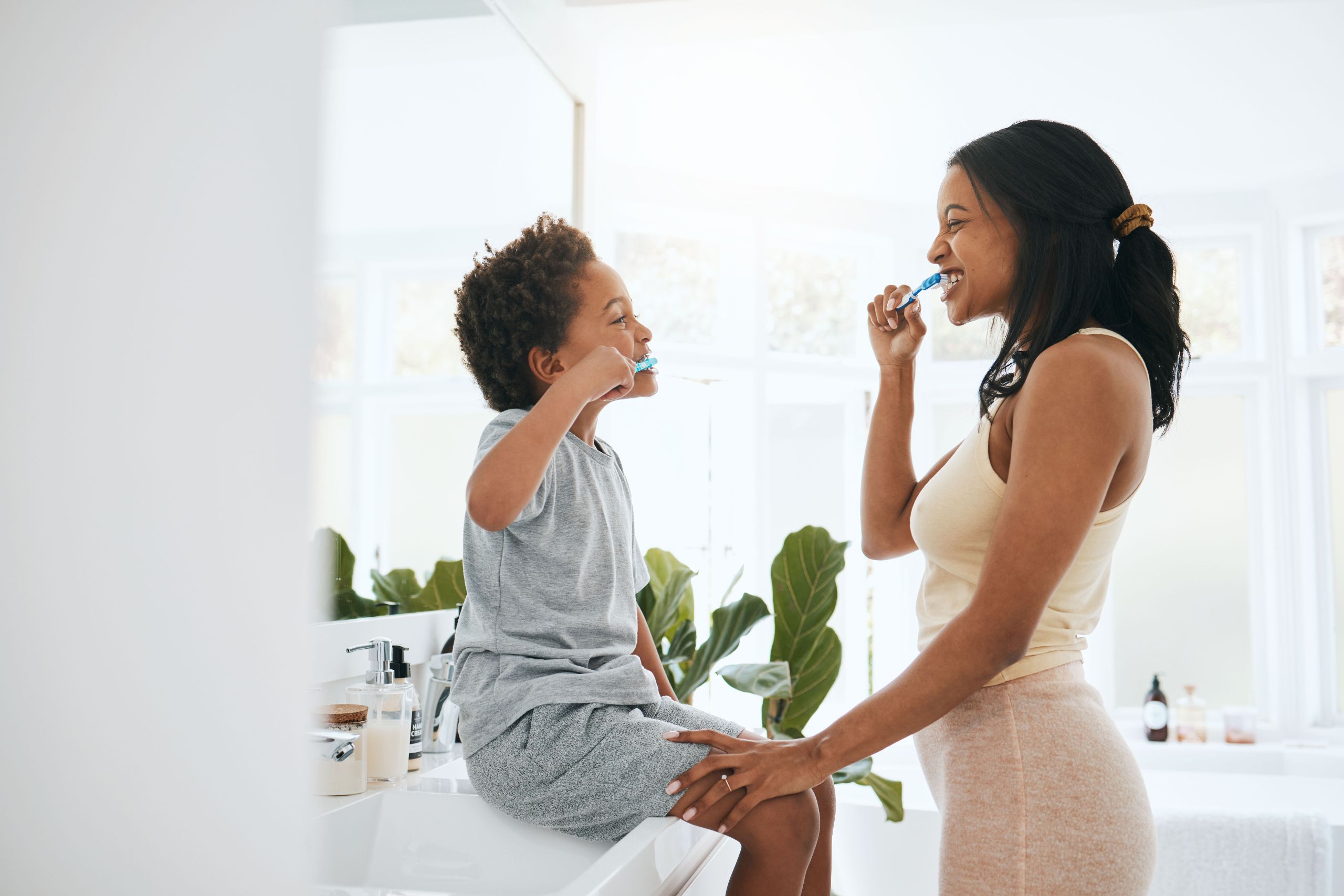
How to make brushing teeth fun for kids
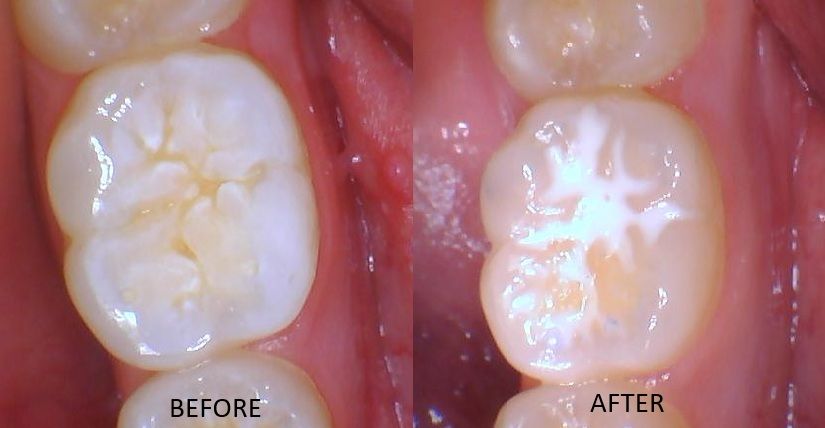
Fissure Sealants: Protecting Your Child’s Teeth from Decay

Why Baby Teeth Are So Important and How to Look After Them
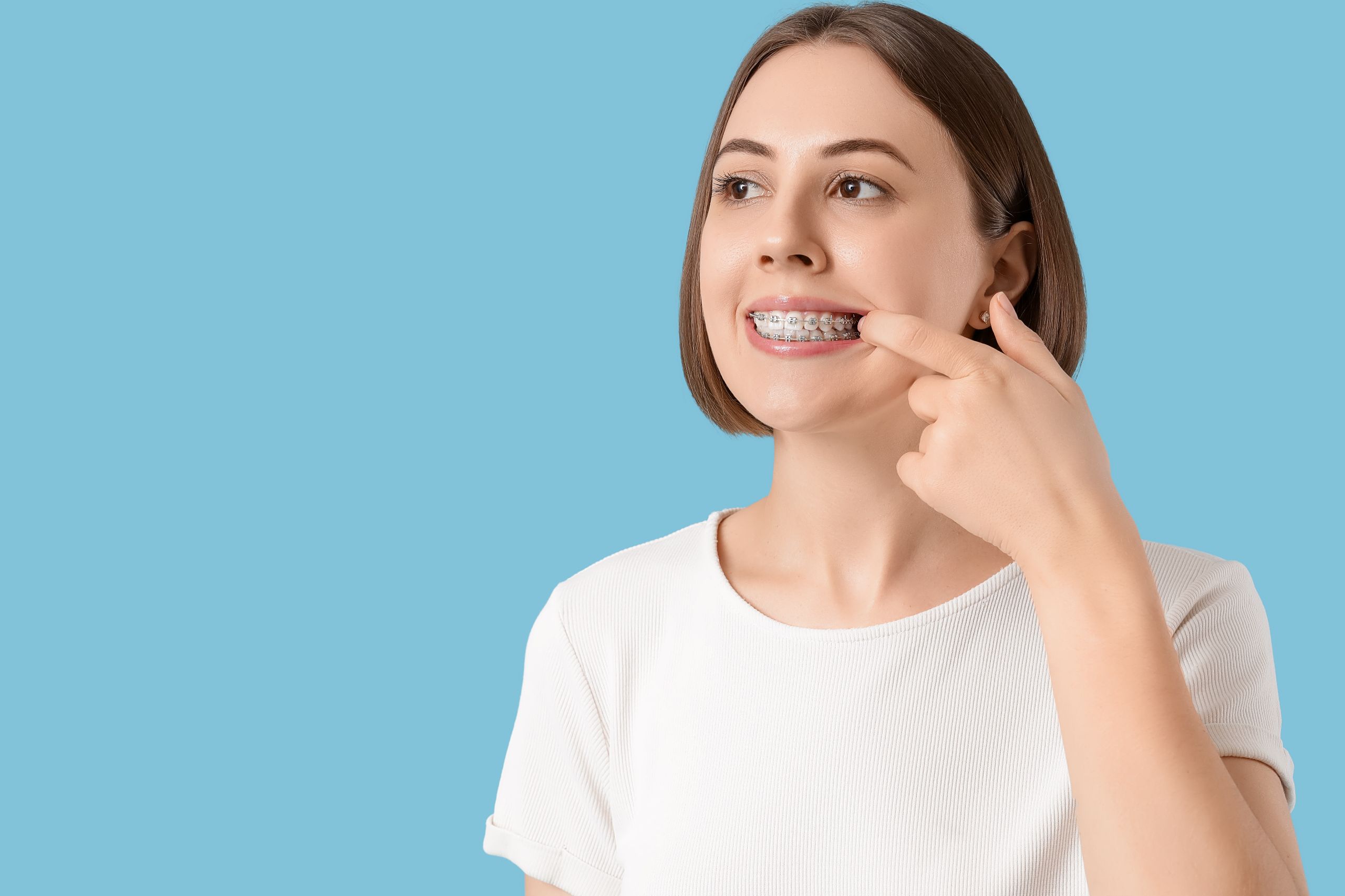
How to Care for Your Braces: Tips for Keeping Your Braces Clean and Comfortable
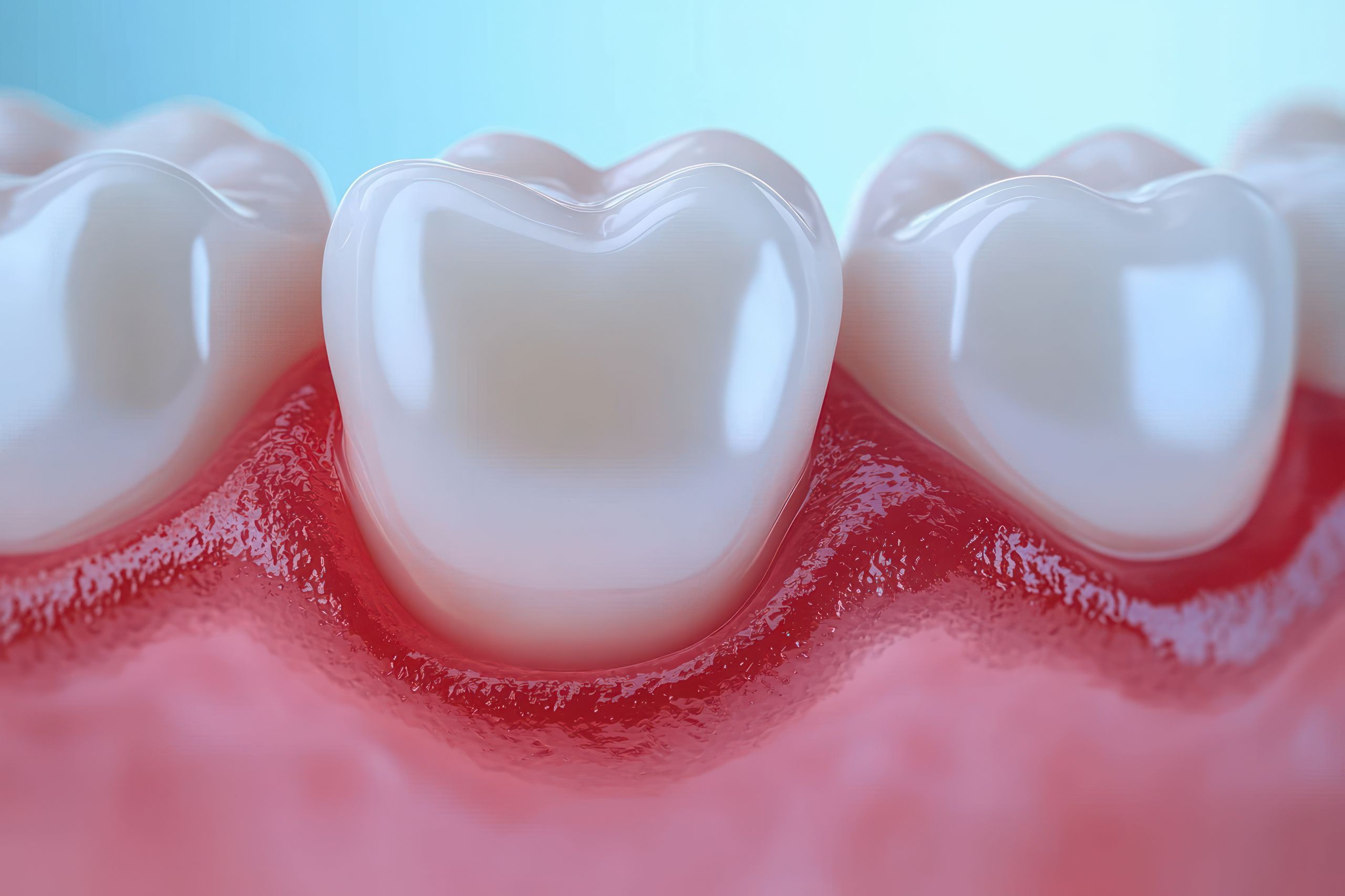
How to Prevent Gum Disease: Simple Habits for Healthy Gums
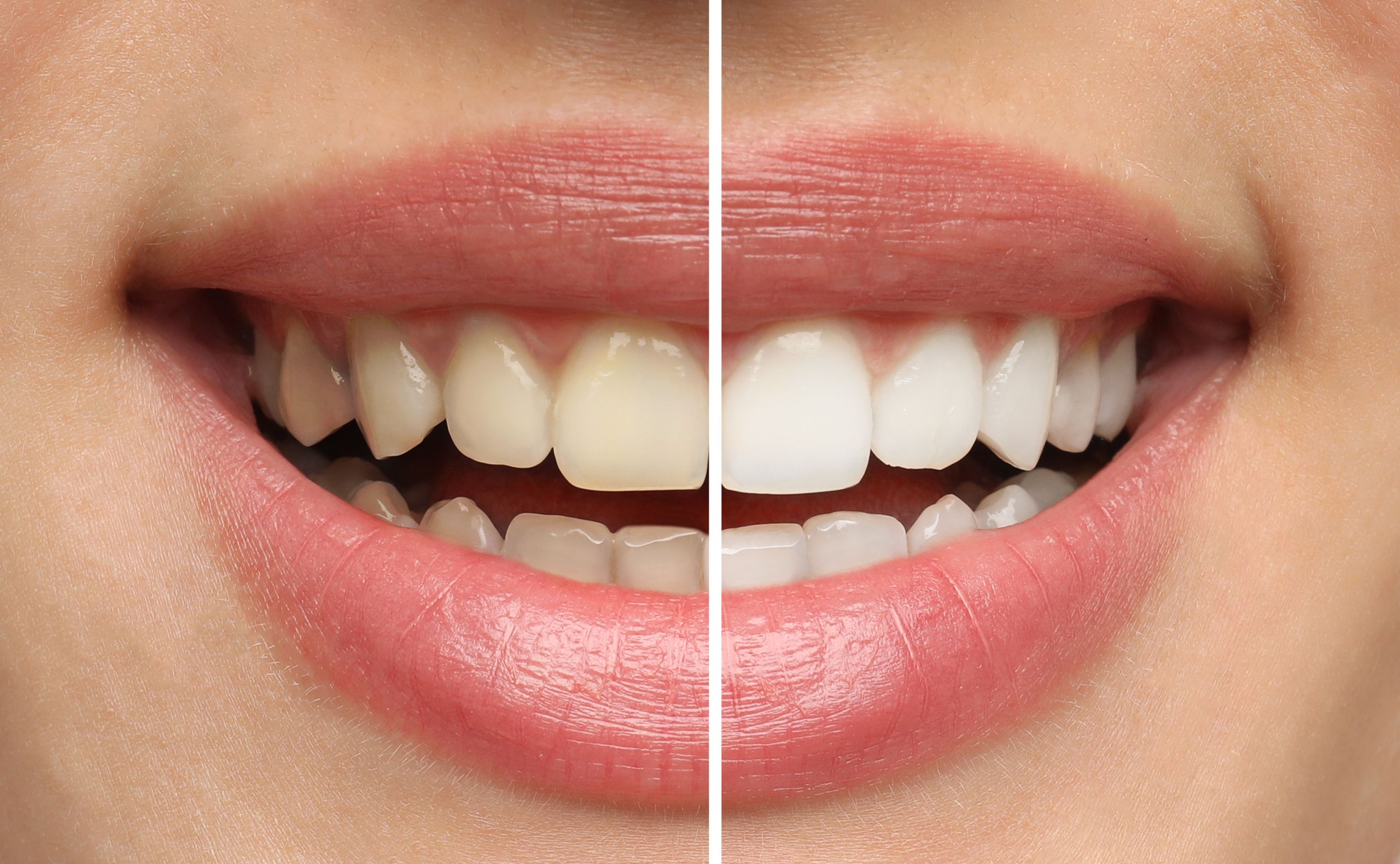
Teeth Whitening: What You Need to Know Before You Start
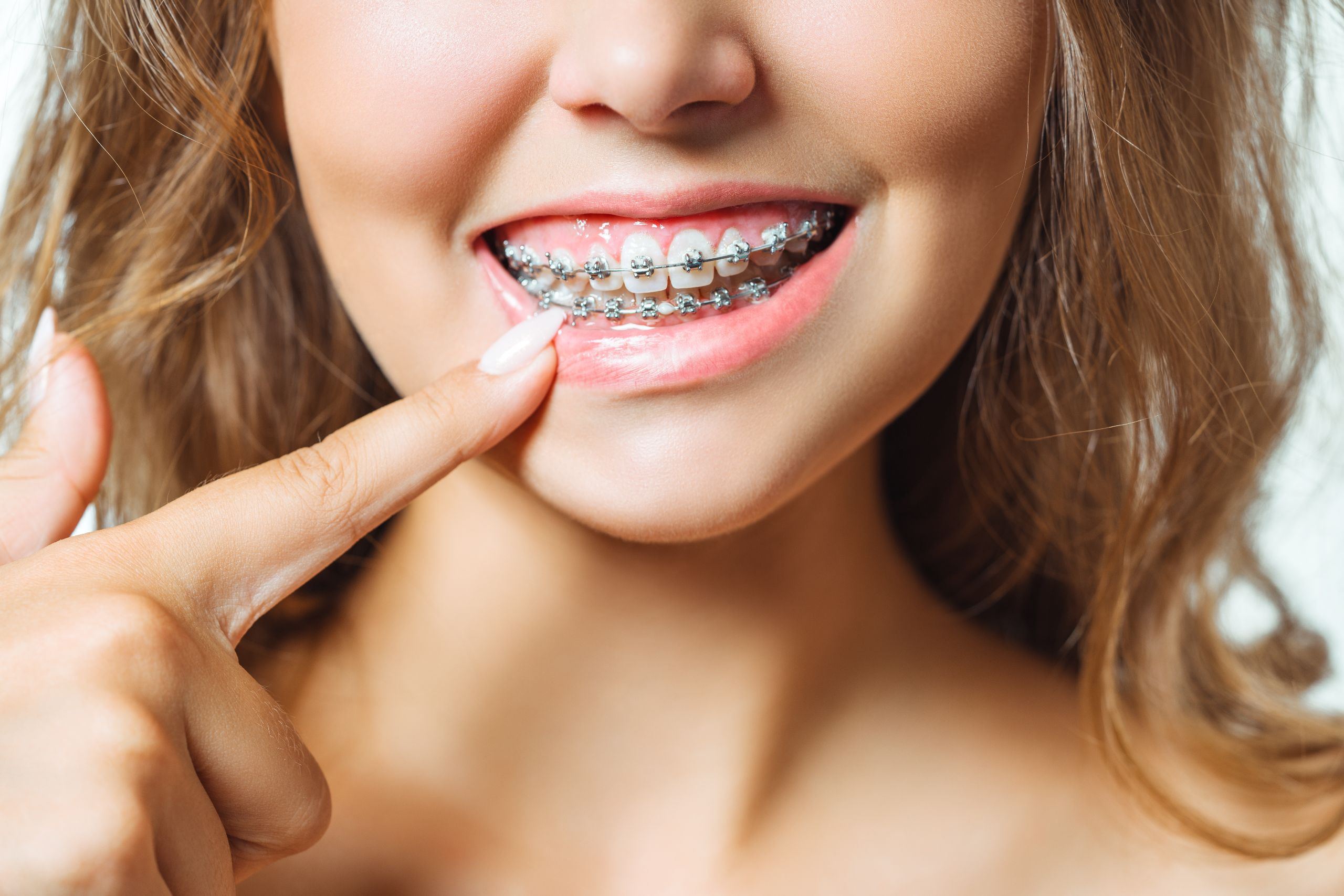
5 Myths About Braces You Should Stop Believing
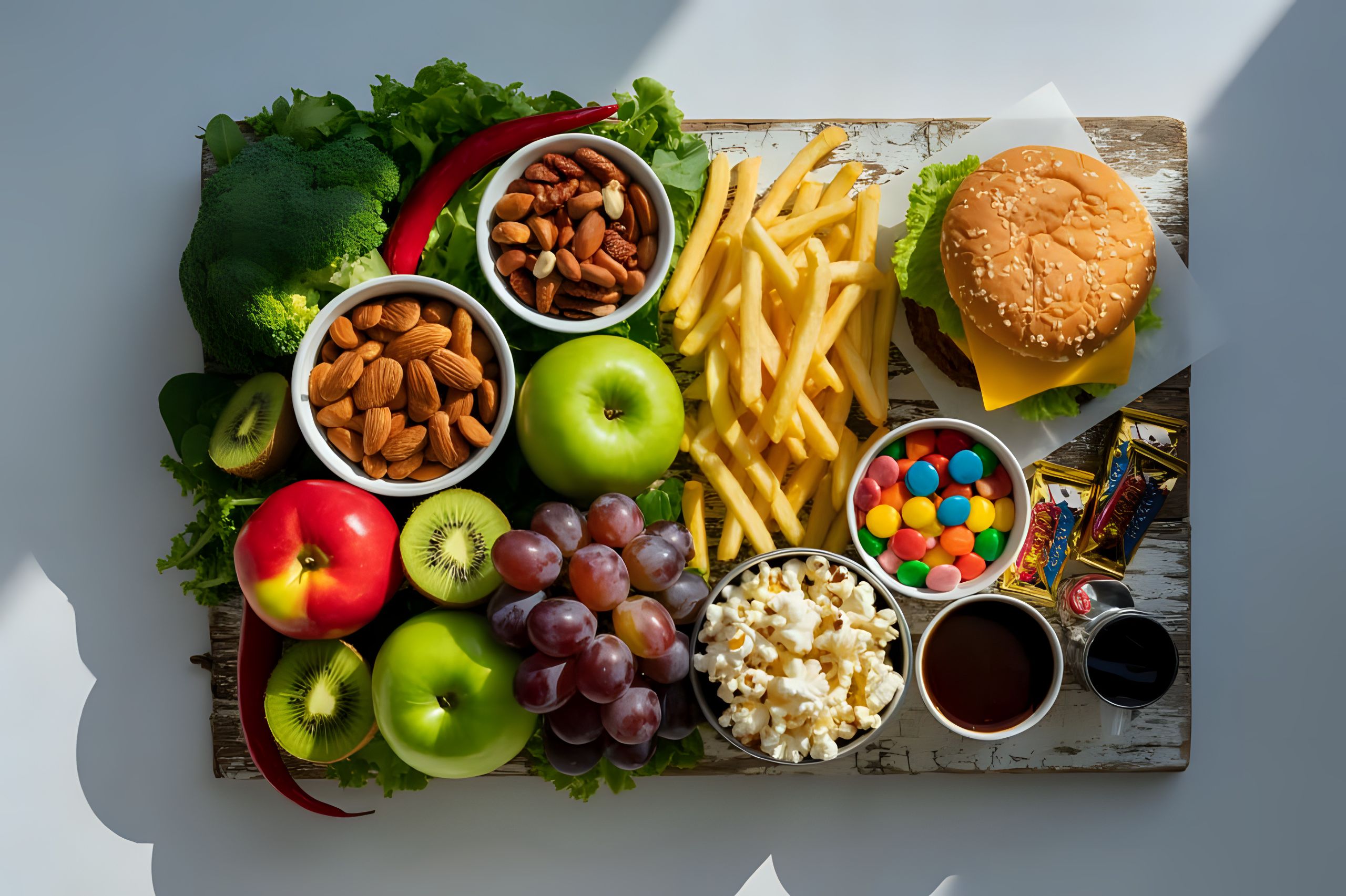
Foods to Avoid for Better Oral Health

Benefits of early Orthodontic treatment for Children
When your little one’s first tooth appears, it’s a big milestone – and a very cute one too! But did you know that those tiny baby teeth play a much bigger role than just helping your child chew? Looking after them properly sets the stage for healthy adult teeth and good dental habits for life.
It’s easy to assume baby teeth aren’t as important because “they fall out anyway.” The truth is, they serve some very important purposes:
Space savers for adult teeth – Baby teeth hold the space for adult teeth to come through in the right place. If they’re lost too early, surrounding teeth can shift, leading to crowding or crooked adult teeth.
Speech development – Teeth help children form sounds and words correctly. Missing or damaged baby teeth can sometimes affect speech.
Chewing and nutrition – Strong teeth allow children to enjoy a variety of foods, which is vital for healthy growth.
Confidence and smiles – A healthy smile gives kids the confidence to laugh, talk, and interact with others without discomfort or embarrassment.
Baby teeth may only stick around for a few years, but decay and damage can cause lasting issues:
Tooth decay and pain – Cavities can be just as uncomfortable for kids as they are for adults.
Infections – Decay can lead to infections that may spread to developing adult teeth.
Early loss of teeth – Losing baby teeth too soon can create alignment problems later, sometimes leading to a need for braces.
Trouble eating – Painful or missing teeth can make it hard for children to eat properly, affecting their nutrition.
Here are some simple, parent-friendly tips to keep those little teeth strong and healthy:
Start early – Even before teeth appear, gently wipe your baby’s gums with a soft, damp cloth. Once the first tooth pops through, use a baby toothbrush with a smear of fluoride toothpaste (about the size of a grain of rice).
Brush twice a day – Morning and night are best. As kids get older (around age 3), increase the toothpaste to a pea-sized amount.
Help with brushing – Children need supervision and help brushing until around age 7 or 8, when they have the coordination to do it properly on their own.
Watch the sugar – Frequent sugary snacks or drinks are one of the biggest causes of tooth decay. Water and healthy snacks are much better for smiles.
Make dental visits a habit – Book your child’s first dental visit by their first birthday, and keep up with check-ups every six months.
Kids copy what they see. If you make brushing fun and show your own good habits, they’re more likely to follow along. Turn brushing into a game, play their favourite song for two minutes, or use colourful toothbrushes and flavoured toothpastes to keep things exciting.
Baby teeth may be small, but they’re mighty important. They set the foundation for strong adult teeth, healthy eating, clear speech, and confident smiles. By starting good dental care early, you’re giving your child the best possible start for lifelong oral health.
At Wallacia Dental, we love welcoming little ones to the clinic and helping parents with practical tips to make dental care easy at home. Remember – prevention is always better than cure, and that starts with caring for baby teeth.
What our clients have to say